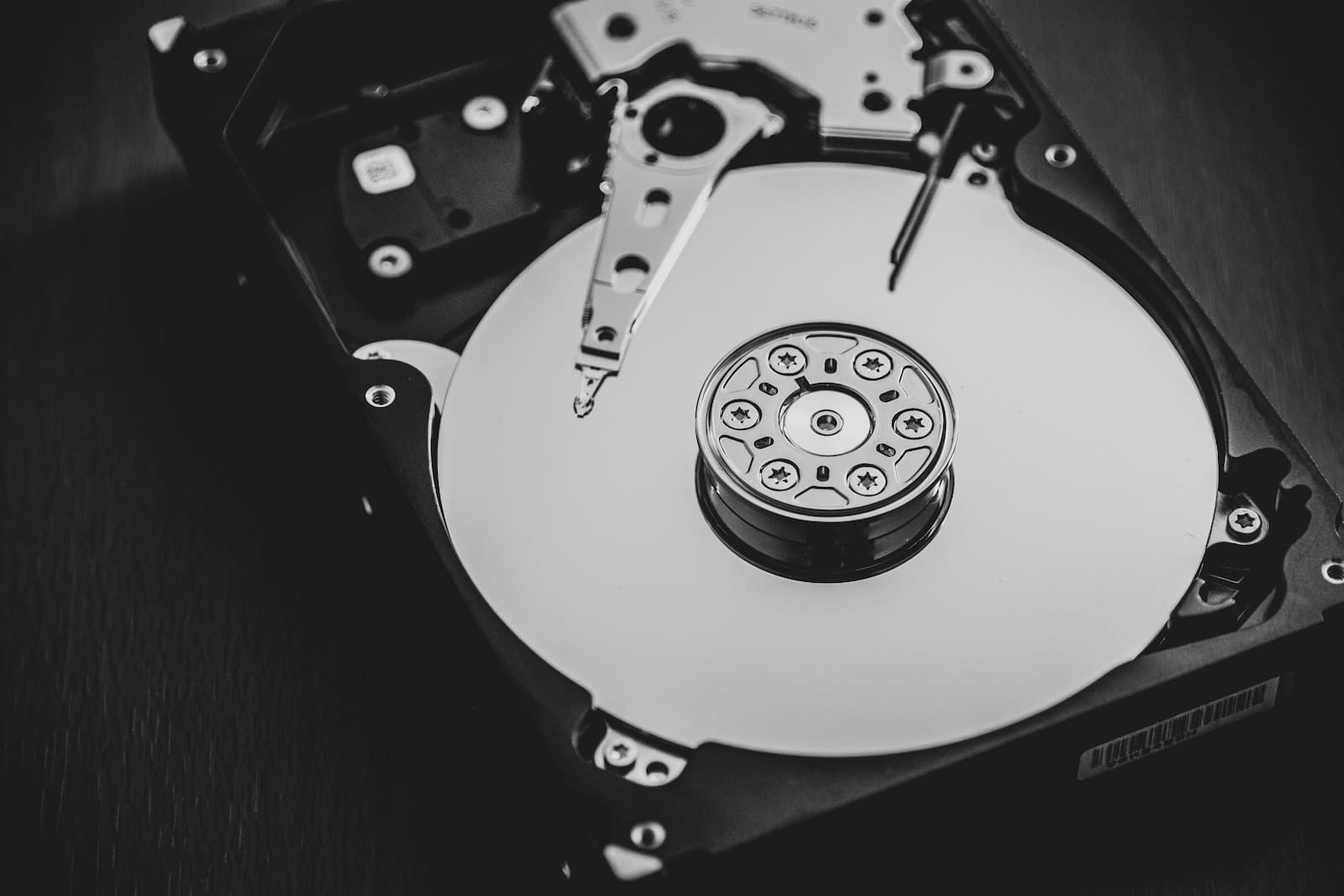In a world where Artificial Intelligence (AI) is increasingly integrated into key sectors, its effectiveness relies on a solid foundation: data. The reliability of AI is linked not only to the quality of algorithms but also to the infrastructure that enables the storage, processing, and protection of large volumes of data. This is where hard disk drives (HDDs) play a crucial role, acting as the backbone of storage for reliable AI workflows.
What is Reliable AI?
Reliable AI involves workflows that ensure consistent and transparent outcomes, supported by data that meets the following criteria:
- Accuracy and Quality: Data must be error-free.
- Transparency and Lineage: Ability to trace the origin and transformation of data.
- Security: Protection against tampering and unauthorized access.
- Explainability: Clear and understandable decisions derived from algorithms.
- Regulatory Compliance: Alignment with legal and ethical standards.
Hard disk drives provide the necessary support to meet these demands through scalable and cost-effective solutions that efficiently store and protect vast amounts of data.
How HDDs Support AI Infrastructure
Scalability for Data Centers
AI systems require processing enormous volumes of data in real-time. HDDs, combined with modern technologies like object storage and clustered systems, ensure that both immediate access and archived data are available as needed. This allows for a perfect balance between capacity and performance.
Data Transparency and Lineage
Hard disk drives support transparency by documenting each transformation of data. For instance, in sectors such as healthcare, HDDs enable tracking which datasets were used for a diagnosis, providing clarity and trust in the outcomes.
Key Elements for Reliable AI
1. Transparency
Transparency helps users understand the decisions made by AI systems. In sectors like finance or healthcare, this is crucial for ensuring accurate and ethical outcomes. HDDs store clear records of data flow, facilitating audits and traceability.
2. Explainability
In sensitive areas such as fraud detection or medical diagnostics, explainability ensures that AI decisions are understandable. HDDs allow developers to review historical records to understand how changes in data or algorithms affect outcomes.
3. Accountability
With detailed records stored on hard drives, organizations can comply with regulations and ensure that decisions are traceable, fostering trust in AI systems.
4. Security
Hard disk drives employ advanced encryption and integrity check technologies, protecting data against tampering. This ensures that AI decisions are based on authentic information.
Key Mechanisms for AI Reliability
Checkpoints
HDDs allow for periodic snapshots of the state of AI models during their training, safeguarding progress against failures and enabling continuous improvement. These “photographs” of data also serve as backups for audits and adjustments.
Governance Policies
Establishing clear standards for data management and retention is essential for reliable AI. Hard disk drives facilitate the implementation of these policies by providing secure and accessible storage.
Hashing to Verify Data
HDDs can store unique data fingerprints (hashes), ensuring that data has not been tampered with. This is essential for security and trust in AI workflows.
The Advantage of HDDs Over Other Options
With a cost ratio of 6:1 per terabyte compared to flash storage, hard disk drives remain the most cost-effective option for long-term storage. Additionally, their ability to handle petabytes of data makes them ideal for sectors such as:
- Healthcare: For storing genomic data and medical imaging results.
- IoT: Processing information from sensors and connected devices.
- Social Media: Managing user-generated content.
Conclusion
The path to reliable AI depends as much on the quality of algorithms as on the underlying infrastructure that supports the data. Hard disk drives, such as the Seagate Exos® series with Mozaic 3+™ technology, provide scalable, secure, and cost-effective solutions to meet the demands of modern AI.
From preserving data lineages to complying with regulatory requirements, HDDs are essential for building AI systems that inspire trust and deliver consistent results. As data demands continue to grow, hard drives will remain a key pillar in the evolution of artificial intelligence.

